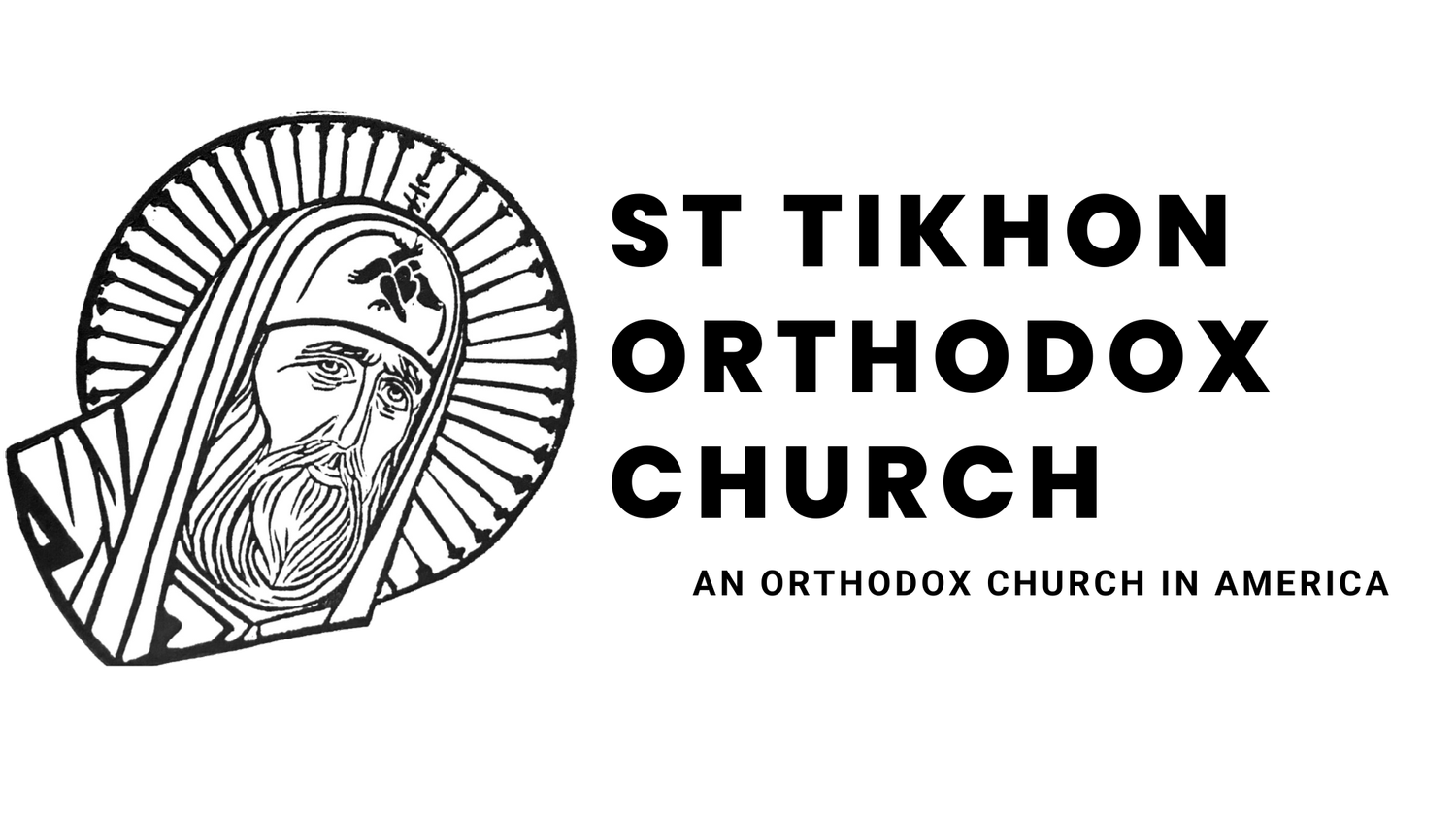The Ladder of Divine Ascent and Moral Improvement
Fr Stephen Freeman
The Fourth Sunday of Great Lent in the Orthodox Church, is dedicated to St. John Climacus, the author of the ancient work, The Ladder of Divine Ascent. It is a classic work describing “steps” within the life of the struggling ascetic. There is an icon associated with this work, picturing monastics climbing the rungs of a ladder to heaven, battling demons who are trying to pull them off. However, ladders are dangerous things to put in the hands of a modern Christian. Modernity likes ladders. We like the idea of upward mobility, of continuing improvement, of moral progress.
We speak of “career ladders” and the “ladder of success.” It is the myth of personal power. Modernity is a cultural phenomenon created by the theology of the Reformation and the philosophy of the Enlightenment. Freed from the constraints of inherited tradition (such as the Catholic Church) and the royal state (hurrah for democracy), modernity is a story told to individuals that they can now become whatever they want. Freedom and personal industry are the twin rails supporting the rungs of progress.
As a philosophy, this idea and its associated notions are the bedrock of free-market capitalism. As theology, it is the foundation for self-help Christianity and the positive, motivational preaching of contemporary religion. “Be all that you can be, and Jesus can help!” Nurtured in this culture, contemporary Orthodox believers are not immune to its allure, particularly if the images appear in the guise of desert monasticism and Byzantine/Russian-style striving. More than once I have heard the sad confession, “I don’t feel like I’m a very good Orthodox Christian.” Implied in this statement is that Orthodox Christians should, somehow, be better than other Christians.
Some foolish people even call us the “marines” of the spiritual life. Of course, all of this, particularly when applied to writings such as St. John’s Ladder, is pure distortion and delusion. Its most subtle and seductive version is that of moral progress. I wrote a series of articles last year denouncing the concept of moral progress, identifying it as largely a modern notion and not consistent with the mind of the fathers. Here, I reaffirm that without equivocation. We simply are not saved by getting better. It is a false image and a false goal.
Of course, critics will charge that I’m being defeatist and suggesting a path devoid of moral effort. I am doing nothing of the sort. Everyone should, at all times, struggle against sin. But measuring, even watching for improvement can be not only self-defeating but sinful in itself. The Ladder points to a very different path: “You cannot escape shame except by shame,” St. John says (4.62).
READ THE REST AT "GLORY TO GOD FOR ALL THINGS"
